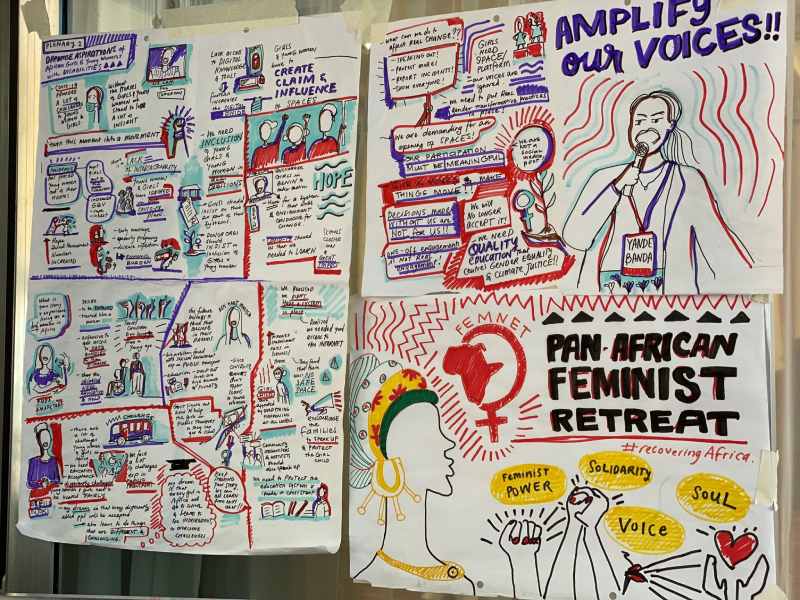×
The Standard e-Paper
Smart Minds Choose Us

The African Women's Development and Communication Network (FEMNET) is now calling upon the government to hasten efforts towards implementing gender-responsive Covid-19 recovery plans.